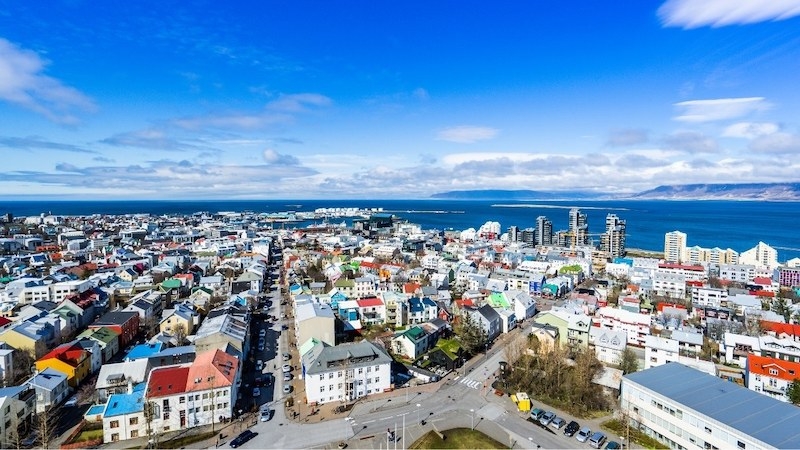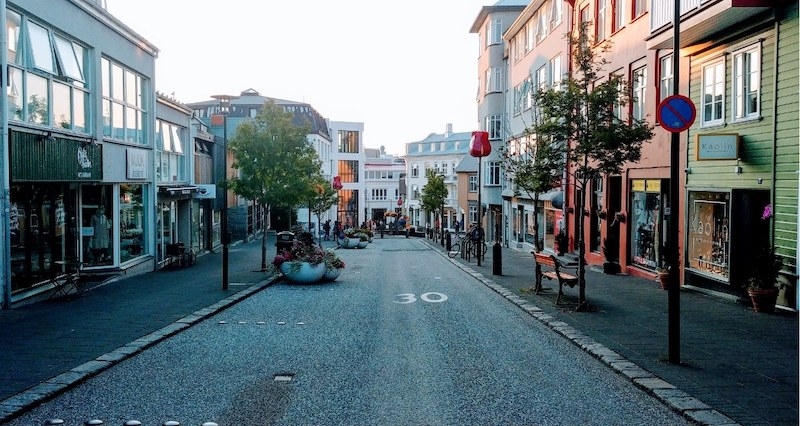It’s easy to see why Iceland is not just a dream destination for many travellers, but also an ideal place to move to! Beyond the Northern Lights, otherworldly landscapes, and peaceful surroundings, it’s also among the happiest countries in the world. And earlier this month, researchers announced that the trials of a four-day work week in Iceland were an “overwhelming success.”
This research was conducted by Iceland’s Association for Sustainability and Democracy (Alda) and the U.K.-based institute Autonomy. Workers from participating offices put in fewer hours while still being paid the same amount. It took place from 2015 to 2019 — making it the world’s largest and longest-running trial of shorter work weeks in the public sector.
What to know about the study

Image credit: TomasFluegge via Canva Pro
Through the time of this study, work weeks in Iceland were reduced to 35 or 36 hours for 2,500 workers (over 1% of the local population); without any salary deductions. This covered a variety of industries — such as finance, medicine, public safety, primary education, and even tourism.
To further adapt to this new schedule, the participating companies held fewer meetings. One office even banned meetings past 3pm! Other tactics included shorter coffee breaks, encouraging the use of emails over meetings, and limiting non-work errands during office hours.

Image credit: Herve Bellanger via Canva Pro
Productivity remained the same or improved in the majority of workplaces, according to researchers. These trials showed that Iceland’s four-day work weeks are efficient, and reduce stress and burnout among employees.
“Participating workers took on fewer hours and enjoyed greater well-being, improved work-life balance, and a better cooperative spirit in the workplace — all while maintaining existing standards of performance and productivity,” the study concluded.
Why a four-day work week in Iceland works

Image credit: dennisvdw via Canva Pro
“[This study] shows that the public sector is ripe for being a pioneer of shorter working weeks — and lessons can be learned for other governments,” said Will Stronge, director of research at Autonomy.
In fact, these trials also led unions to renegotiate working patterns. As of writing, about 86% of Iceland’s workforce have either permanently moved to shorter hours (with the same pay), or will soon have the option to do so.
Also read: Japan Proposing a Four-Day Work Week for Better Work-Life Balance
“[The four-day work week in Iceland] tells us that not only is it possible to work less in modern times, but that progressive change is possible too,” said Gudmundur Haraldsson, a researcher at Alda, in an interview with BBC. Well, no wonder that the country’s capital, Reykjavík, topped the global rankings for the least stressful cities this year!
In other parts of the globe, New Zealand and Japan announced their plans to experiment with a four-day work week. Meanwhile, Spain has already started its own trial, partially due to working challenges caused by the pandemic.
Featured image credit: Boyloso | Canva Pro





